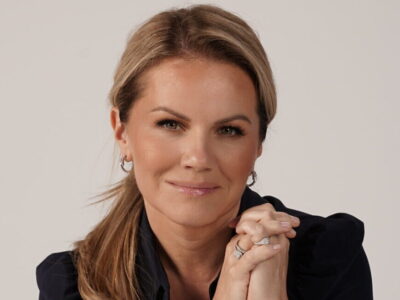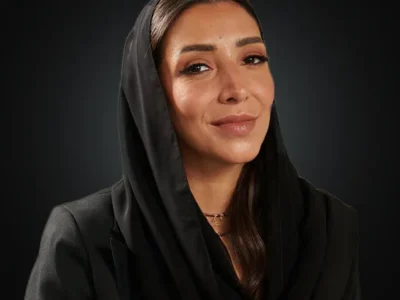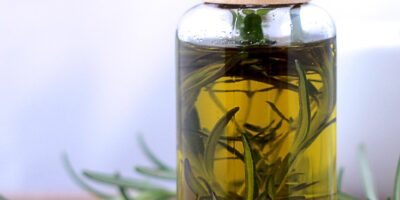In the Middle East, the line between wellness and beauty is increasingly blurring, reflecting a global shift towards holistic health. This integration marks a significant evolution in consumer preferences and industry offerings, with an emphasis on products and services that promote overall well-being alongside traditional beauty benefits. This article explores the key trends that are dominating the Middle Eastern market, illustrating how wellness is becoming an integral part of the beauty industry.
Holistic Health Meets Cosmetic Beauty
The Middle Eastern consumer is becoming more attuned to the concepts of holistic health, where physical, mental, and emotional wellness are interconnected with beauty. This shift is driving demand for products and services that not only enhance aesthetic appeal but also contribute to overall well-being. For instance, skincare products infused with natural, stress-relieving ingredients like lavender or chamomile are becoming popular, blending the calming effects of aromatherapy with skin nourishment.
The Rise of Clean and Ethical Beauty
The trend towards clean beauty, characterized by products free from harmful chemicals and made with sustainable practices, is rapidly gaining traction in the region. Consumers are increasingly scrutinizing product labels for organic, natural ingredients that are ethically sourced. Brands like Huda Beauty have responded by releasing vegan, cruelty-free products, which cater to this demand while ensuring ethical production practices. This trend is not just a passing fad but a significant shift towards more responsible beauty consumption.
Customization Through Technology
Technology plays a pivotal role in merging wellness and beauty by offering personalized beauty solutions. Advanced diagnostics and AI-driven apps are increasingly used to analyze skin types and personal health data to recommend customized skincare routines. For example, bespoke skincare apps use algorithms to assess users’ skin conditions through photographs and offer personalized advice and product recommendations. This high level of personalization ensures that users receive products that cater specifically to their health and beauty needs, enhancing both effectiveness and customer satisfaction.
Preventative Skincare
In line with the global wellness trend, there is a growing emphasis on preventative skincare in the Middle East. Consumers are increasingly adopting skincare routines that not only address issues like acne or aging but also prevent them before they start. Products with antioxidants, such as vitamin C serums, and sunscreens with higher SPF are seeing increased usage rates. Furthermore, there is a noticeable increase in the popularity of supplements and foods that promote skin health, such as collagen peptides and omega-3 fatty acids.
Wellness Spaces and Beauty Clinics
The concept of wellness spaces that integrate beauty treatments is gaining popularity. These venues offer a range of services from massages and body treatments to facials and hair care, all designed to enhance both physical appearance and mental relaxation. Beauty clinics, too, are incorporating wellness elements by offering treatments that are as much about relaxing and detoxifying the body as they are about cosmetic enhancement.
Fitness and Beauty Convergence
Fitness regimes are increasingly being marketed alongside beauty products, highlighting the benefits of exercise for skin health and overall wellness. Gyms and wellness centers in the Middle East are collaborating with beauty brands to offer holistic health packages that combine workout classes with beauty treatments that help rejuvenate the body and skin post-exercise. This trend underlines the belief that true beauty stems from good health.
Traditional Remedies Reimagined
There’s a renewed interest in traditional Middle Eastern remedies known for their health and beauty benefits. Ingredients like rose water, argan oil, and black seed oil are being incorporated into modern wellness and beauty products, providing a link between traditional practices and contemporary beauty routines. This trend not only appeals to local consumers but also resonates globally, offering a piece of Middle Eastern heritage in daily beauty regimes.
Mindfulness and Mental Well-being
Finally, the integration of mindfulness and mental well-being into beauty routines is a trend gaining momentum. Meditation sessions, mindfulness apps, and yoga classes are increasingly being marketed alongside beauty products, highlighting the importance of mental health in achieving external beauty. This holistic approach is reflective of a broader societal shift towards greater health consciousness, with beauty being just one component of overall wellness.
Conclusion
The integration of wellness and beauty in the Middle Eastern market is reshaping how consumers and brands view beauty products and treatments. As this trend continues to evolve, it promises to bring even more innovative solutions that cater to the growing consumer demand for products that support a holistic approach to health and beauty. This shift is not only transforming the beauty industry but also promoting a healthier, more sustainable lifestyle for consumers across the region.














